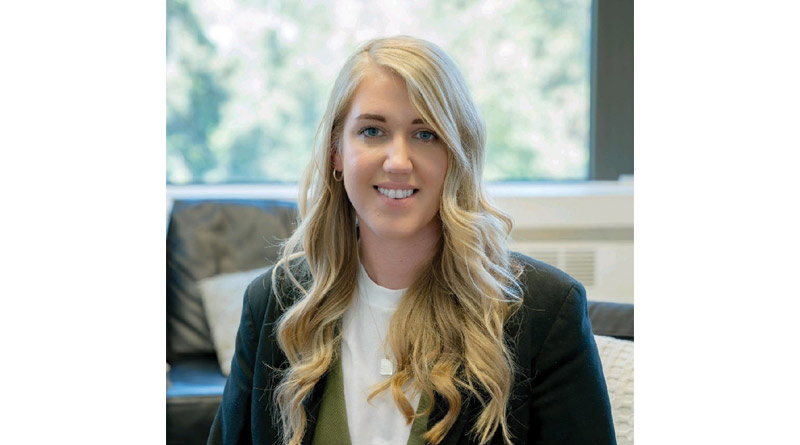Why Time Is The Care Sector’s Greatest Gift
By Carrie McDonald clinical safety officer at Nourish Care (https://nourishcare.co.uk/)
In conversations about the digitisation of Health and social care, people always say that digital saves time which is a hot commodity, you can’t make more of. You only have as much as you’ve got.
There is no question that digital saves time. There is less time spent recording information but there are other time savers too – the possibility of less adverse events to respond to, freedom from the agony of searching for pieces of paper or the right form to fill in, and the ability to share information without the need for phone calls, faxes and emails.
As someone who has always relished spending time with those in care, it’s no surprise that I ended up at Nourish. The care sector is all I have ever known. My mother ran a care home when I was growing up and we’d spend school holidays there, weekends, it was like a second home. I loved to spend my time there.
When I left school I worked as a care assistant in stroke rehabilitation before going to do my nurse training. I was then a nurse within the NHS where I cared for patients with a lot of complex needs and comorbidities. As great as the care being delivered was, hospital environments were not always conducive to supporting those whose needs spanned across multiple specialities. I found this particularly difficult with older adults who had come into hospital from social care settings. I knew I wanted to improve the care experience for people, all people and as a small voice in a large organisation, I wasn’t sure where to start.
For the last 10 years or so I worked in senior management within the care home sector. Being with the people receiving care and support is undoubtedly my favourite part of being a nurse.
As a carer, I got a lot from sharing my time with older people and I know other carers feel the same. I feel really privileged that I have heard so many stories from these people who have all contributed to my life and helped me become the person I am. It was the relationships I formed with those in care that made me want to improve standards and as I had seen first hand how Nourish was leading the charge when it came to digitisation in care, I wanted to be part of that.
Digital is not a solution to paper , it’s a solution to care. It gives you the ability to view all the important and relevant information about a person joined up and in context this can support informed and timely decision making as care and support givers. As a care home manager, you need to have oversight of the care your service provides 24/7 for 365 days of the year, but how do you keep track of every minute of that? This is the ultimate challenge with paper. There’s a whole team of people involved in the care of one person, and communication and coordination are vital to make sure that person can receive the right care at the right time.
I don’t believe anyone comes into the care sector because they love to ‘complete documentation’, they want to make a difference to people’s lives or at least have an impact on a small part of their lives. Relevant information is vital to effective care and support delivery and our responsibility as digital care solutions is to make capturing and utilizing that information/data as easy and useful as possible.
I was on the frontline of care during COVID and that came with enormous challenges – practical and emotional. I managed a care home during an outbreak of COVID and what will stay with me most about that time will always be the relentless commitment from all those around me. I don’t just mean the care home team (who were incredible), I mean the pharmacists, the paramedics, the district nurses, the COVID testing teams, the social workers, the families – the list goes on. Not everything always went right, not every process worked, but everyone I came into contact with during that time was doing their best for the people that needed care and support the most.
I learned that the best way to improve things is to collaborate, share information. It’s about thinking, how can we make this better for everybody? Those who care, generally do it because it’s a vocation and like me, they want to have enough time to deliver excellent care, give emotional support, assess needs or just have a cup of tea and good old blether. Those in care? They don’t want to feel like another task that must be rushed through. Time is the greatest gift you can give them. Half an hour spent gassing over a cup of tea can make a person’s day.

